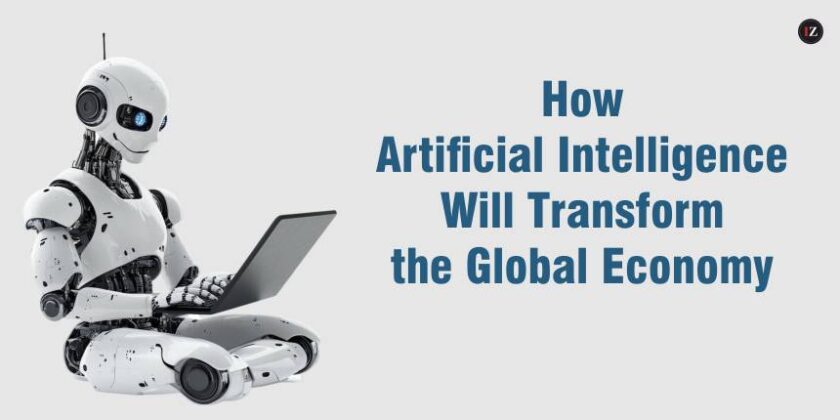New and transformative technologies were rapidly entering the office even before the pandemic, enabling industries to innovate and flourish in an increasingly digital world. But then 2020 happened, and what was supposed to take years had to happen in only a few months or less.
Digital transformation has been key in responding to the disruption of work and business ecosystems, and most businesses ramped up their efforts to meet this sudden change. Eight in ten organisations fast-tracked their digital transformation programmes in 2020. Companies’ adoption of digital technologies has sped up by three to seven years in just months, with companies accelerating efforts for fear of being outflanked by competitors.
Digital transformation marks a rethinking of how an organization uses technology, people, and processes in pursuit of new business models and new revenue streams, driven by changes in customer expectations around products and services.
Here are some reasons why digital transformation is essential for any business looking to grow and stay ahead of the competition in what is now a digital-first world.
Customer Expects On-Demand
Today’s customer expects the same kind of experience in a professional environment that they have with technology in their personal lives. But for a business, this can be challenging to achieve. There have never been more choices, both in terms of how and where to deliver applications from, and who to partner with in the delivery of services.
Digital transformation provides a valuable opportunity for core business functions, such as finance and HR, to move away from manual processes and automate key areas like payroll, enabling leaders to focus on wider business opportunities.
Enhanced Data Collection
Most businesses are collecting mountains of customer data, but the real benefit is optimizing this data for analysis that can drive the business forward. Digital transformation creates a system for gathering the right data and incorporating it fully for business intelligence at a higher level.
It creates a way that different functional units within an organization can translate raw data into insights across various touchpoints. By doing this, it produces a single view of the customer journey, operations, production, finance, and business opportunities.
Helping Workforces Be More Operative
Businesses increasingly demand more agile hybrid IT services and agile networking capability, and getting the user experience right is a critical part of business transformation. This goes beyond just the usability of applications for employees or external customers, and includes the experience of working with the IT team and tools.
The traditional form of business relied on word of mouth to promote brand visibility and managing multiple spreadsheets manually instead of using seamlessly integrated cloud solutions. However, the digital business economy mandates the usage of online marketing methods to enhance a brand’s value and connected cloud-based solutions to improve operational efficiencies.
Security Is A Top Business Priority
The network’s role in supporting innovation by enabling remote working and providing access to technology and services on demand is critical to delivering an environment that enables employees to achieve. But the pressure to deliver consumer-level experience, great performance and enterprise-grade security can mean that on-demand services run the risk of becoming a millstone round the necks of IT departments.
Enlarged Agility
Digital transformation makes organizations more agile. Borrowing from the world of software development, businesses can increase their agility with digital transformation to improve speed-to-market and adopt Continuous Improvement strategies. This allows for faster innovation and adaptation while providing a pathway to improvement.
Products have to be adapted to meet customer needs, only this way companies will grab their attention and encourage conversion and loyalty. In addition, modern tools such as Artificial Intelligence and cross-device connectivity allow companies to automate product customisation and even run tasks remotely. In this way, essential facilities keep running and production systems are controlled virtually.
Digital transformation looks different for different companies. It is not only an organizational and operational change but cultural change as well. It requires companies to continually challenge their old business practices to seek better solutions. The focus areas for business transformation have typically been around producing products at affordable cost and scaling operations digitally, to aid or anticipate business growth.




